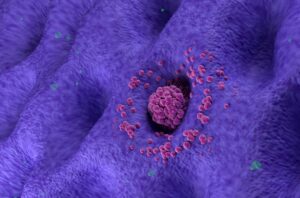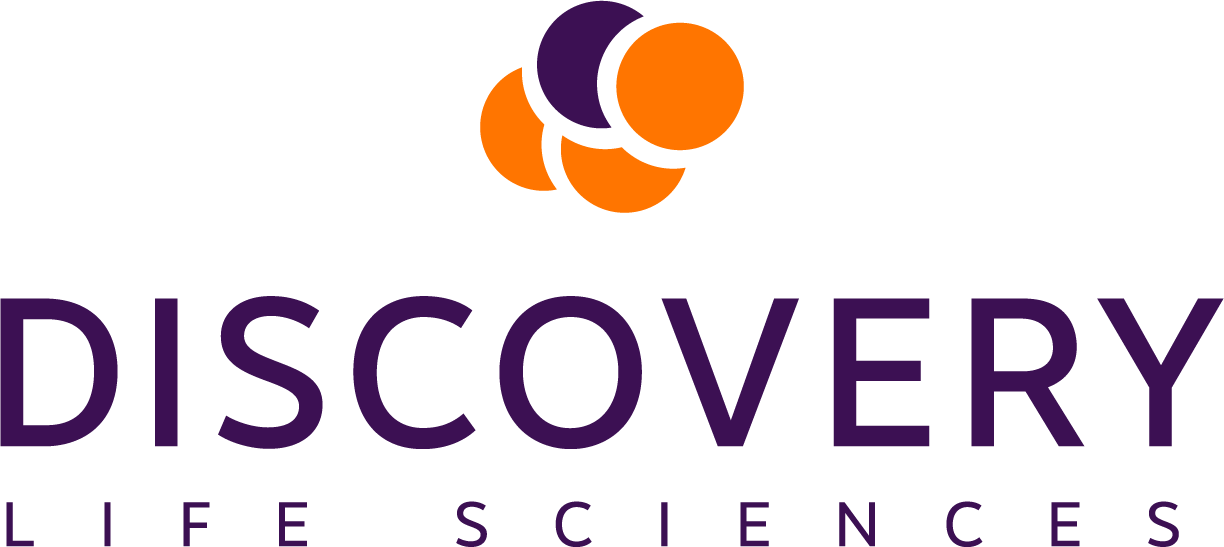In a pivotal moment for PD-1 inhibitors, the FDA’s Oncologic Drugs Advisory Committee (ODAC) has raised concerns about the use of this therapeutic class as a first-line treatment for patients with gastric or gastroesophageal cancers with low or no PD-L1 expression.

Prior to ODAC’s meeting on Thursday, September 26, 2024, a briefing document outlined key considerations. After reviewing the data, the committee voted 10 to 2, with 1 abstention, against the risk/benefit of PD-1 inhibitors in HER2-negative gastric cancer patients without significant PD-L1 expression.
During the meeting, Bristol Myers Squibb (Opdivo®/nivolumab), Merck Sharp & Dohme (Keytruda®/pembrolizumab), and Beigene (Tevimbra®/tislelizumab) presented findings from their respective phase 3 trials: CheckMate 649, KEYNOTE-859, and RATIONALE-305. The central question posed to ODAC was whether clinical trial data supported the use of PD-L1 expression as a predictive biomarker for HER2-negative gastric and gastroesophageal junction (GEJ) adenocarcinoma patients treated with PD-1 inhibitors.
Although Keytruda and Opdivo are currently approved for these indications without requiring PD-L1 expression as determined by an FDA-approved test, and Tevimbra’s application followed a similar path, ODAC did not endorse a broad “all-comers” approach. Instead, they recommended limiting the use of PD-1 inhibitors to patients with positive PD-L1 expression, confirmed by a companion diagnostic assay.
Considering ODAC’s decision, we expect increased interest in PD-L1 testing for gastric and GEJ carcinoma. At Discovery Life Sciences, we are uniquely positioned to support this need. Our expertise spans comprehensive PD-L1 testing using a broad selection of clones, including Agilent’s 28-8 (nivolumab) and 22C3 (pembrolizumab) clones, as well as Roche’s SP263 (tislelizumab) clone. We offer these services across a wide range of indications, operating from both our U.S. and European facilities, and can rapidly enable testing for clinical use.
Having supported numerous clinical trials requiring PD-L1 testing, Discovery Life Sciences is well-equipped to partner with biopharma companies to enhance drug development strategies. Our team of scientists is ready to share our extensive knowledge and help bring innovative therapies to patients more effectively.
Click here to connect with an IHC scientist and learn more about our PD-L1 testing capabilities.
About Author

Scott Reid is Vice President and Global Head of Companion Diagnostics for Discovery Life Sciences. He has spent many years in the diagnostics and laboratory services industry, including SOPHiA Genetics, NeoGenomics Laboratories, Laboratory Corporation of America. His focus is development of precision diagnostics tools to help enable clinical trials, especially with regards to companion diagnostic development and commercialization. Scott holds a PhD in Biochemistry and an MBA from Duke University.


